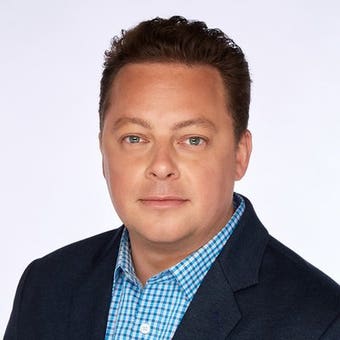Journalist Oleksandra 'Sasha' Kuvshynova killed in Ukraine
Sasha Kuvshynova, who was serving as a Fox News consultant, was killed alongside cameraman Pierre Zakrzewski while in the field with Benjamin Hall.
Fox News colleagues continue to mourn Ukrainian journalist Oleksandra "Sasha" Kuvshynova, who was killed last week alongside cameraman Pierre Zakrzewski when their vehicle was struck by incoming fire outside Kyiv while in the field covering Russia’s ongoing invasion of Ukraine.
"The great sadness, honestly, is that she just had so much more of a life to live. That’s truly the tragedy here," Fox News field producer Andrew Fone told Fox News Digital on the phone from Lviv, where he has continued to cover the war. "It’s heartbreaking, it really is – she had a special presence."
Sasha’s funeral was scheduled for this week.
Fone worked with Sasha, who was only 24 years old, for several weeks leading up to the conflict, getting a lay of the land and preparing the crew for reporting from the ground in Ukraine. They had lunch, dinner and drinks together on a daily basis where Sasha would explain her love of performing as a D.J – all as they readied for what was then a potential Russian invasion.
UKRAINIAN JOURNALIST OLEKSANDRA 'SASHA' KUVSHYNOVA WORKING WITH FOX NEWS IN UKRAINE KILLED IN ATTACK
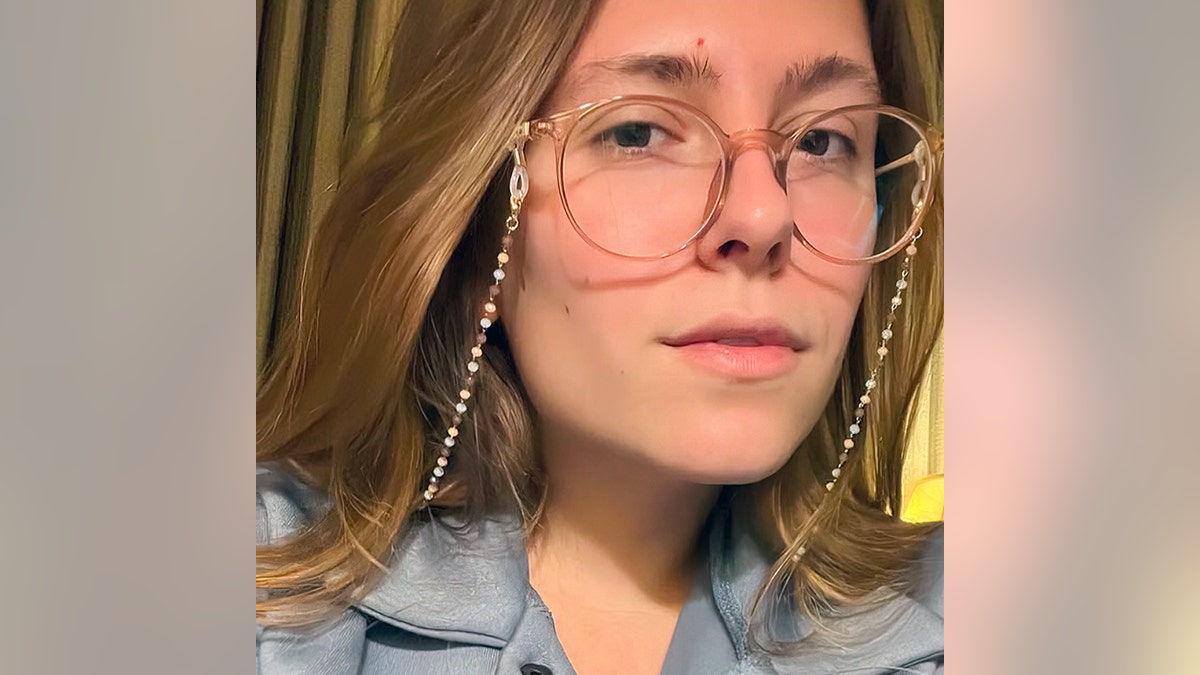
Fox News’ group of journalists covering Russia’s invasion of Ukraine said Sasha Kuvshynova was an essential member of the news-gathering team on the ground. (Oleksandra Kuvshynova Linkedin)
"She was the initial and only fixer, but right from the get-go, she was so much more than that," Fone said. "We travel all over the world and meet a lot of different people, work with a lot of different fixers, and ‘fixer’ can mean many different things. ‘Fixer’ can mean translator, [someone] who goes to the supermarket, goes shopping, she certainly did those things, but she was more of a bona fide producer right from the get-go."
Fox News senior field producer Yonat Friling worked with Sasha in Ukraine for 10 days before learning her vehicle was struck.
"She was beautiful, very funny and sometimes had a dark sense of humor, which I admire, and it really helped in a serious time," Friling told Fox News Digital. "When she stepped into a room, she lit the room with her smile, and she had beautiful eyes and she had plans. She loved everybody and she loved life."
FOX NEWS CAMERAMAN PIERRE ZAKRZEWSKI KILLED IN UKRAINE
Friling, who has been based in Israel but traveled to Ukraine to help cover the invasion, said the role of locals such as Sasha has been vital to getting accurate information from war-torn nations back to America.
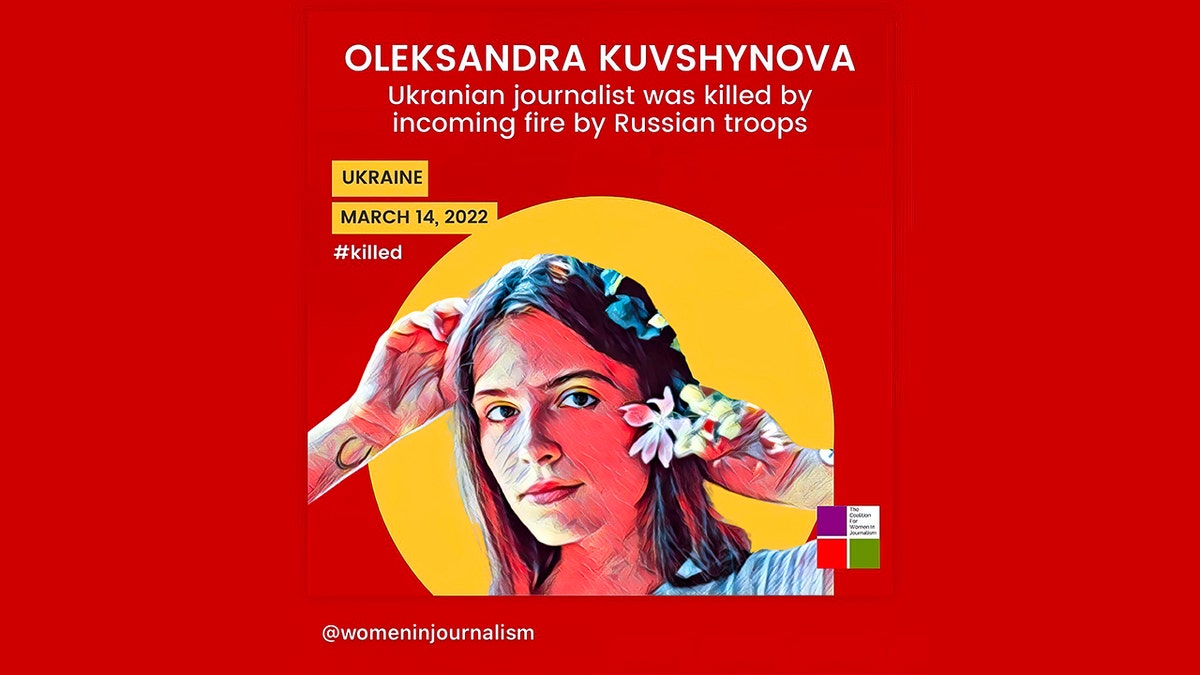
A Twitter account celebrating women in journalism paid tribute to Oleksandra "Sasha" Kuvshynova.
"When we work in countries that are not our own, we rely on local producers, fixers and consultants such as Sasha," Friling explained.
"We can't do what we're doing without them, because they know the people, they know the atmosphere. They can help us with the language, they can arrange interviews, they have the sources and everything because we just come for a brief time and then we move away for our next story," Friling continued. "She was very dedicated. When we explained to her what we’re looking for, she always said, ‘Yes.’ I never heard a no from her."
Fone said Sasha had natural editorial chops and while music might have been her biggest passion, she had a bright future in TV news production ahead of her if she chose that path. She had a diverse skill set, spoke perfect English and wasn’t afraid to speak up despite working with reporters and producers with decades of experience.
"She was a journalist and she understood exactly what made a story work," he said. "She had a lot of contacts and was not afraid of calling anybody, asking for interviews, asking for access. We couldn’t have presented the coverage that we did – especially in Kyiv – without Sasha."
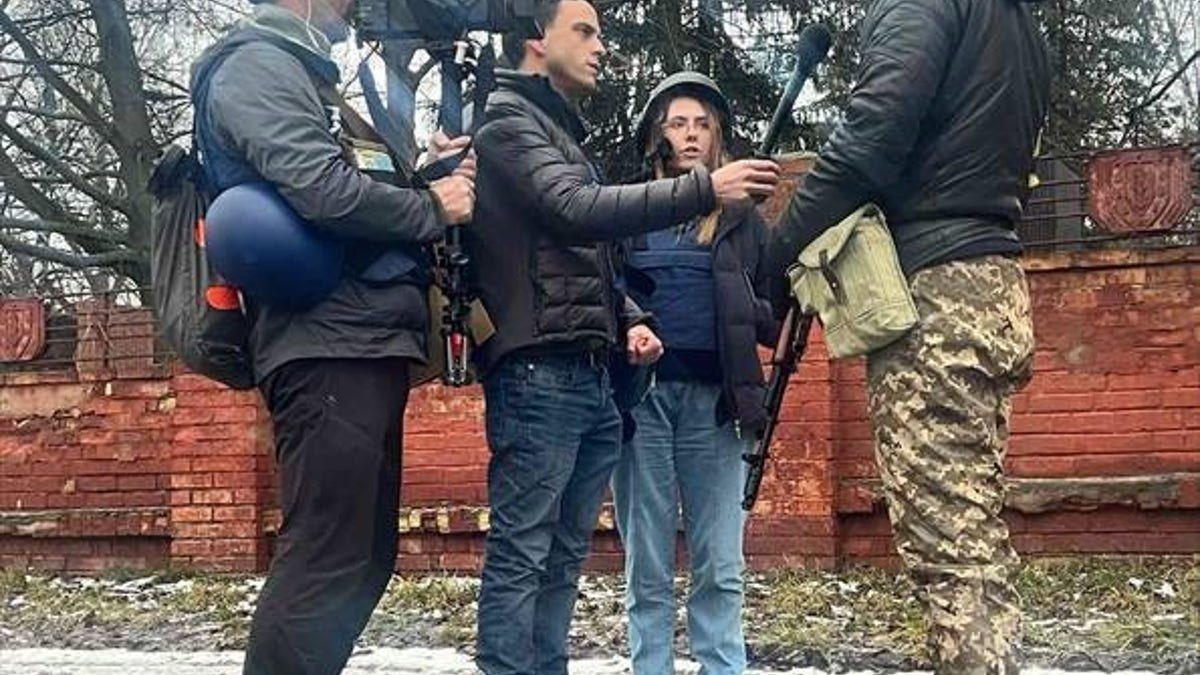
Journalist Oleksandra "Sasha" Kuvshynova, who was serving as a consultant for Fox News on the ground during the course of the Russian invasion, was killed alongside Fox News cameraman Pierre Zakrzewski when their vehicle was struck by incoming fire. Correspondent Benjamin Hall survived the attack.
Once the invasion began, Sasha was determined for Americans to know the truth.
"What was about to happen to her country, that was important to her, and it was important for her to get the word out to the rest of the world that Ukraine was about to take a hammering from a vastly bigger army," Fone said. "She would often refer to the Russians as the ‘invaders,’ the ‘oppressors,’ and she worked all of her contacts to open doors for us and get us the access we needed."
Friling said Sasha, whose family lived inside the conflict zone, was constantly worried about her relatives during the time they spent together – but never let her concerns affect her work.
"She was concerned for her family, she usually talked to them every time we heard explosions or sirens," Friling said, adding that colleagues encouraged Sasha to check in. "We made sure she called her parents and her loved ones."
Friling said Sasha was eager to show her around her native Ukraine under better circumstances.
"She kept, you know, talking about what's going to happen after the war is going to end, how beautiful Kyiv is and how are we going to go and walk around, go and have coffee, go listen to music, the arts, everything that she adored and wanted," Friling said. "I think that’s part of the tragedy. The people of Ukraine have so many plans, then within a brief moment, Russians invaded and the war started, and many of them such as Sasha and other young people lost their lives."
Friling and Kuvshynova developed a fast friendship, often searching for coffee that met their standards.
"She was very specific about it, which I also admired because I am similar," Friling said.
They also bonded over a shared love of music, as Sasha was a musician who co-founded a Kyiv-based independent music community called Fusion.
"She really believed that music is something that can, you know, can bridge the gap between people and bring them together," Friling said.
Fusion also paid respect to its late co-founder, noting she was killed while "defending our country in the information war as part of the Fox News team" covering the Russian invasion.
"She was a motivated and creative person, and it is because of her love of work that we exist," Fusion wrote in an Instagram tribute.
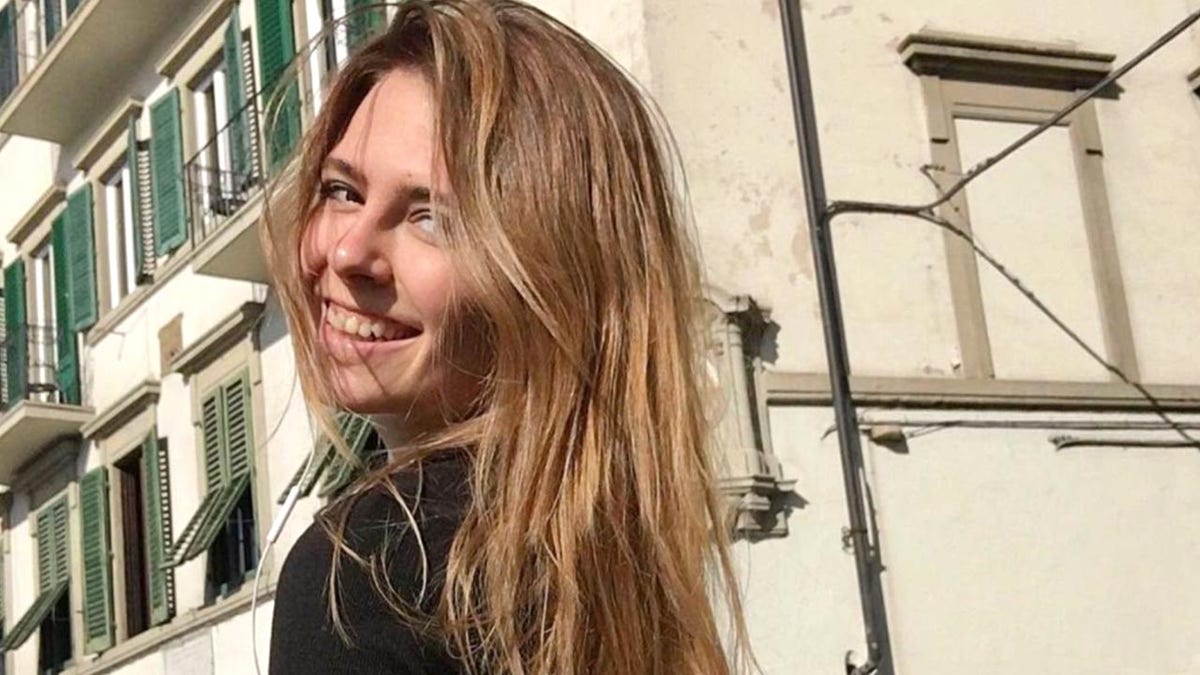
Fusion paid tribute to its late co-founder, Oleksandra "Sasha" Kuvshynova, noting she was killed while "defending our country in the information war as part of the Fox New team" covering the Russian invasion. (Instagram - Fusion )
"She was talented, well-sourced and witty. She liked photography, poetry and music. We became fast friends over a shared love of coffee," Fox News’ Trey Yingst tweeted.
"When I found out that she was only a year older than my oldest daughter, and you think she was really simply an old soul, and it didn't make a difference if she was dealing with people who were, you know, in their mid-50s or contemporaries who, you know, were in their 20s, she could," Fone said. "She could relate to anybody, really."
When Friling learned that Sasha’s vehicle was struck by fire, her first instinct was to send a text message to her new friend.
"I was stunned. I actually picked up the phone and tried to text her… the same with Pierre. Obviously, neither of them answered me back," Friling said, noting that she hoped for the best and didn’t find out her two colleagues didn’t survive until the following day.
"I worry for her family and friends in the crisis," Friling said. "Their lives have been changed forever, not just by the war but by the fact that they’ve lost Sasha."
Last week, Fox News Media CEO Suzanne Scott informed colleagues of Sasha’s tragic death.
"She was incredibly talented and spent weeks working directly with our entire team there, operating around the clock to make sure the world knew what was happening in her country," Scott said.
"Several of our correspondents and producers spent long days with her reporting the news and got to know her personally, describing her as hard-working, funny, kind and brave," Scott added. "Her dream was to connect people around the world and tell their stories and she fulfilled that through her journalism."
CLICK HERE TO GET THE FOX NEWS APP
Fox News journalist Benjamin Hall was with Sasha and Pierre when their vehicle was struck. He survived but suffered serious injuries. The nonprofit organization Save Our Allies helped get him to safety.
Fox News’ Joseph A. Wulfsohn contributed to this report.
